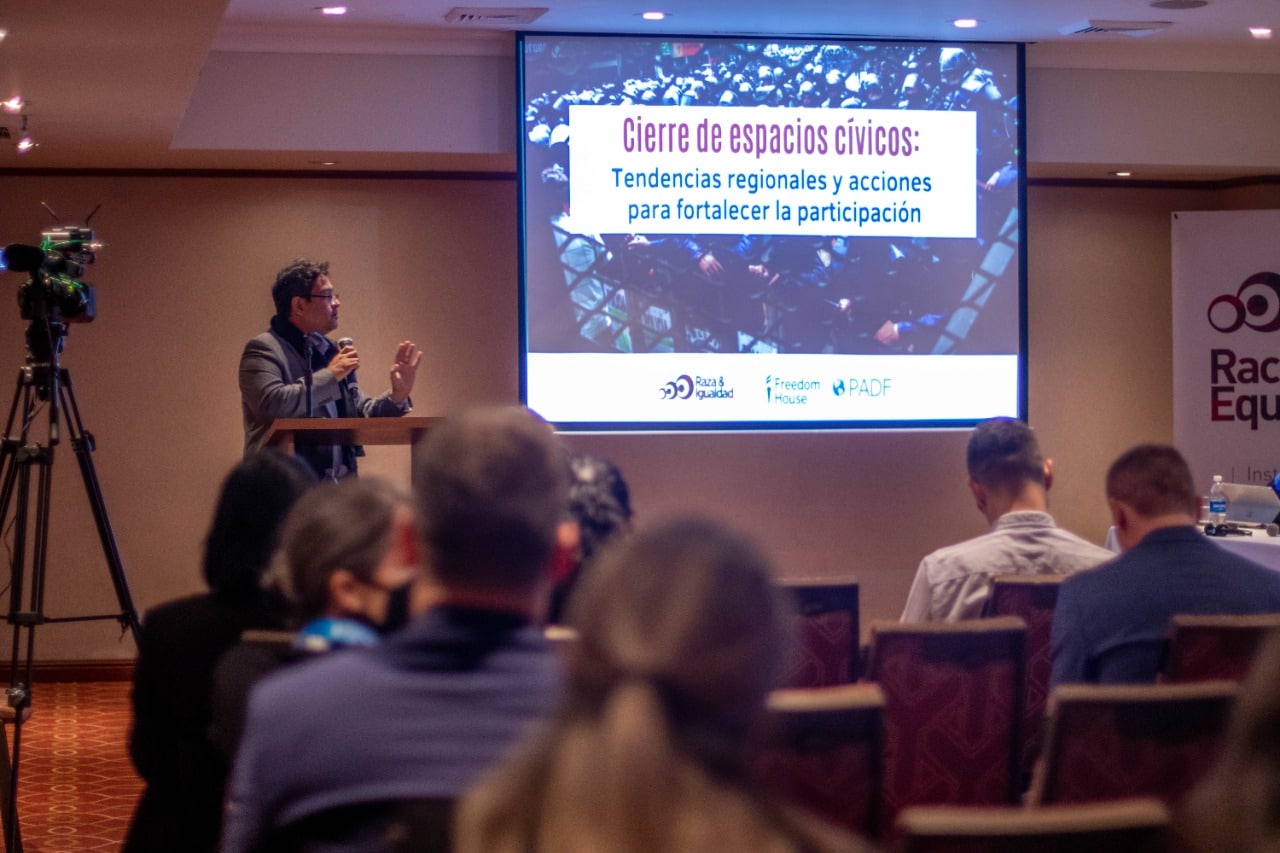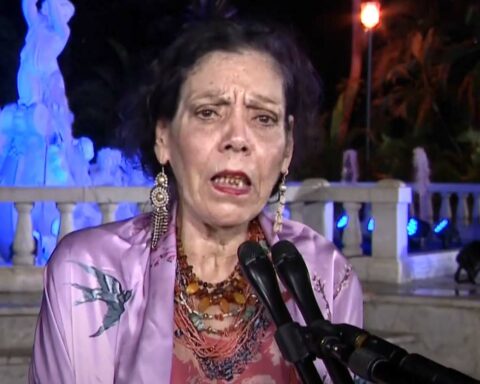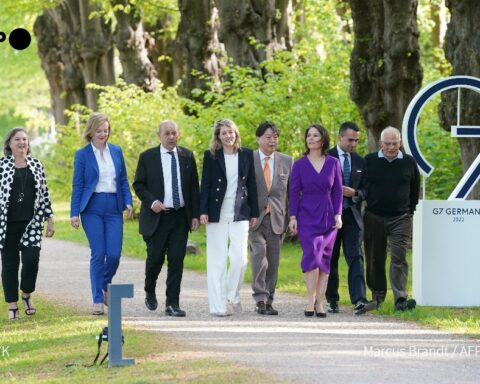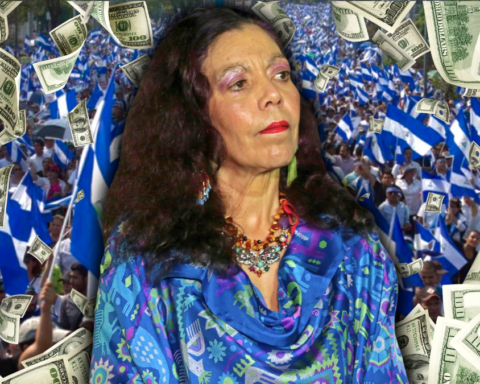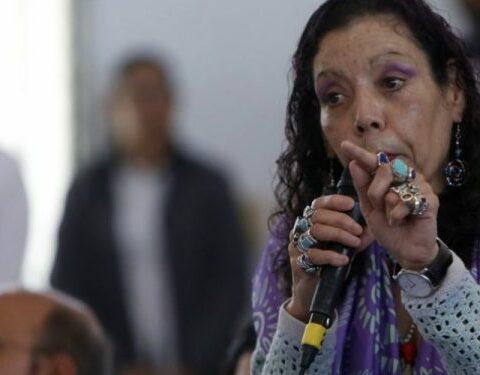The massive closure of civil society organizations is causing “a human drama” in Nicaragua, since it negatively affects the communities, where these organizations had an impact, and the lives of the workers, who in many cases are persecuted, harassed and forced into exile by the regime of Daniel Ortega and Rosario Murillo.
Lawyer Juan Carlos Arce, from the human rights group Nicaragua Nunca Más, assessed that since 2018 “we have experienced the greatest attack on freedom of association in the history of Nicaragua.” He recalled that only in the first eight months of 2022, the Ortega-Murillo regime outlawed 2250 NGOs of different naturefrom women’s organizations, human rights, health, education.
This situation “is not only a legal tragedy but a human drama in Nicaragua,” warned Arce during his participation in the panel. Closure of Civic Spaces held in Lima, Peru, as part of the activities parallel to the 52nd General Assembly of the Organization of American States (OAS).
Civil organizations in Nicaragua “have not only been canceled but (in many cases) were stripped of their buildings, of information, of everything”. Meanwhile, the workers are “persecuted, harassed, forced to leave (the country) and now exiled.” The strategy is to “leave no stone unturned”, commented the human rights defender.
Annihilation of rights
In Arce’s opinion, the massive cancellation of organizations is “undoubtedly” retaliation by the regime “for the accompanying work that we carry out as civil society organizations, in a country where institutionality has been completely eroded.”
The human rights defender also appreciated that the objective of the regime is to control all spheres of life, including freedom of organization and thought. “We can see the annihilation of rights of association, of having services in the areas of health, education, religion, accompaniment in human rights and employment itself,” he added.
The rapporteur for Freedom of Expression of the Inter-American Commission on Human Rights (IACHR), Pedro Vaca, pointed out that these types of measures implemented by authoritarian regimes create “a kind of self-censorship” among civil society.
“The closure of civic spaces also implies the fear of exercising freely due to the consequences that this may entail and, certainly, the sum of many repressive acts ends up leading to a closure of the civic space, in losing confidence in the exercise of freedoms. ”, pointed out the rapporteur.
Governments intolerant of criticism
Vaca also warned that at the regional level there is “a generalized deterioration of public debate” and recalled that the inter-American system has exhorted governments to be tolerant of criticism.
“There are governments that have a low tolerance for criticism and this has led to the labeling of civil society becoming the rule, the assignment of stigmatizing, demeaning labels, not recognizing civil society as a legitimate actor but pointing out and label organizations as an actor that harms civil society, as an actor that does not contribute but rather perverts a notion of nation”, commented the rapporteur.
Vaca also indicated that these governments intolerant of criticism are “legislation in order to silence voices”, since they use tax policies, company registration, administrative measures and laws in a sobering way, turning them into repressive instruments.

